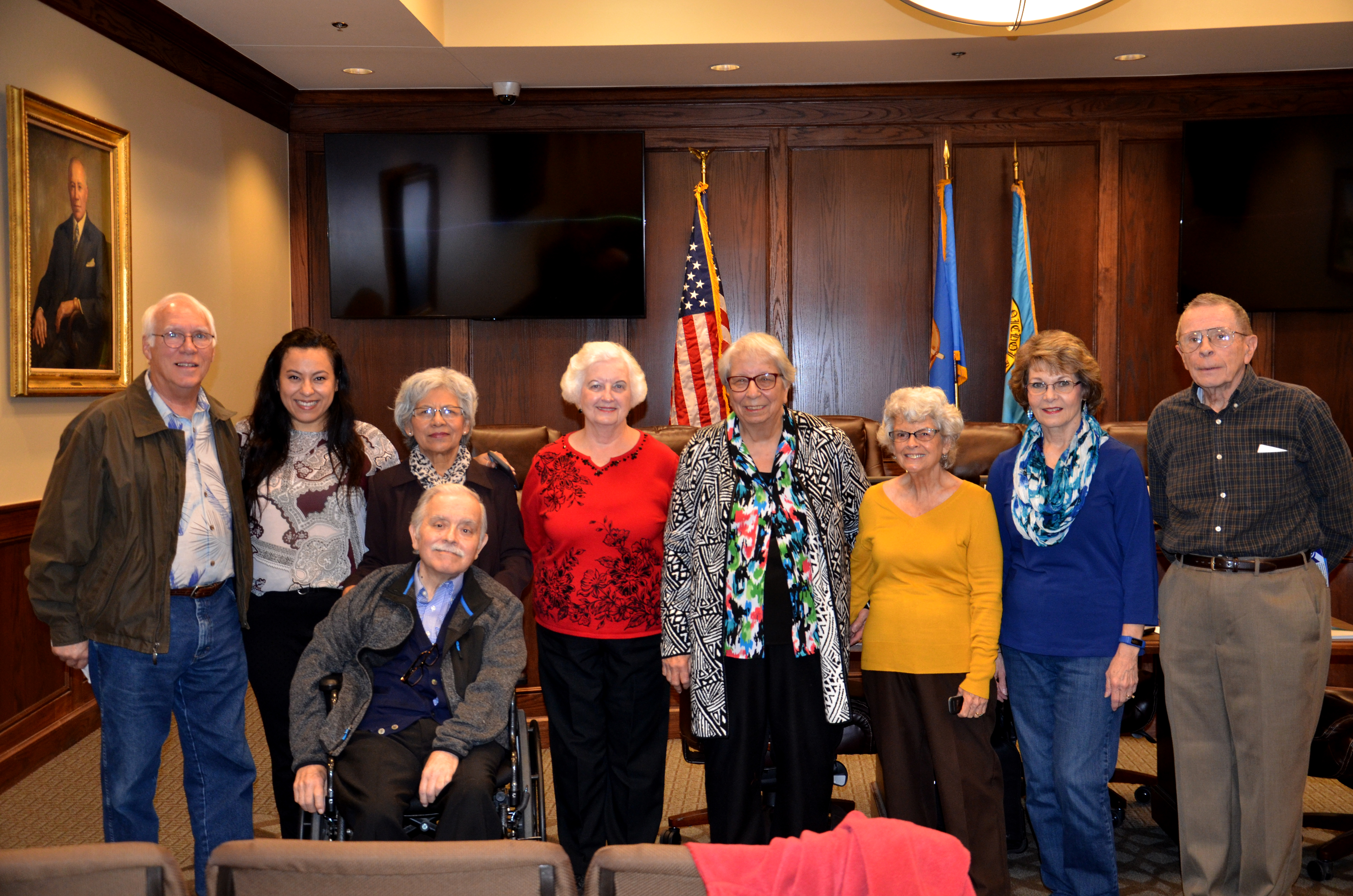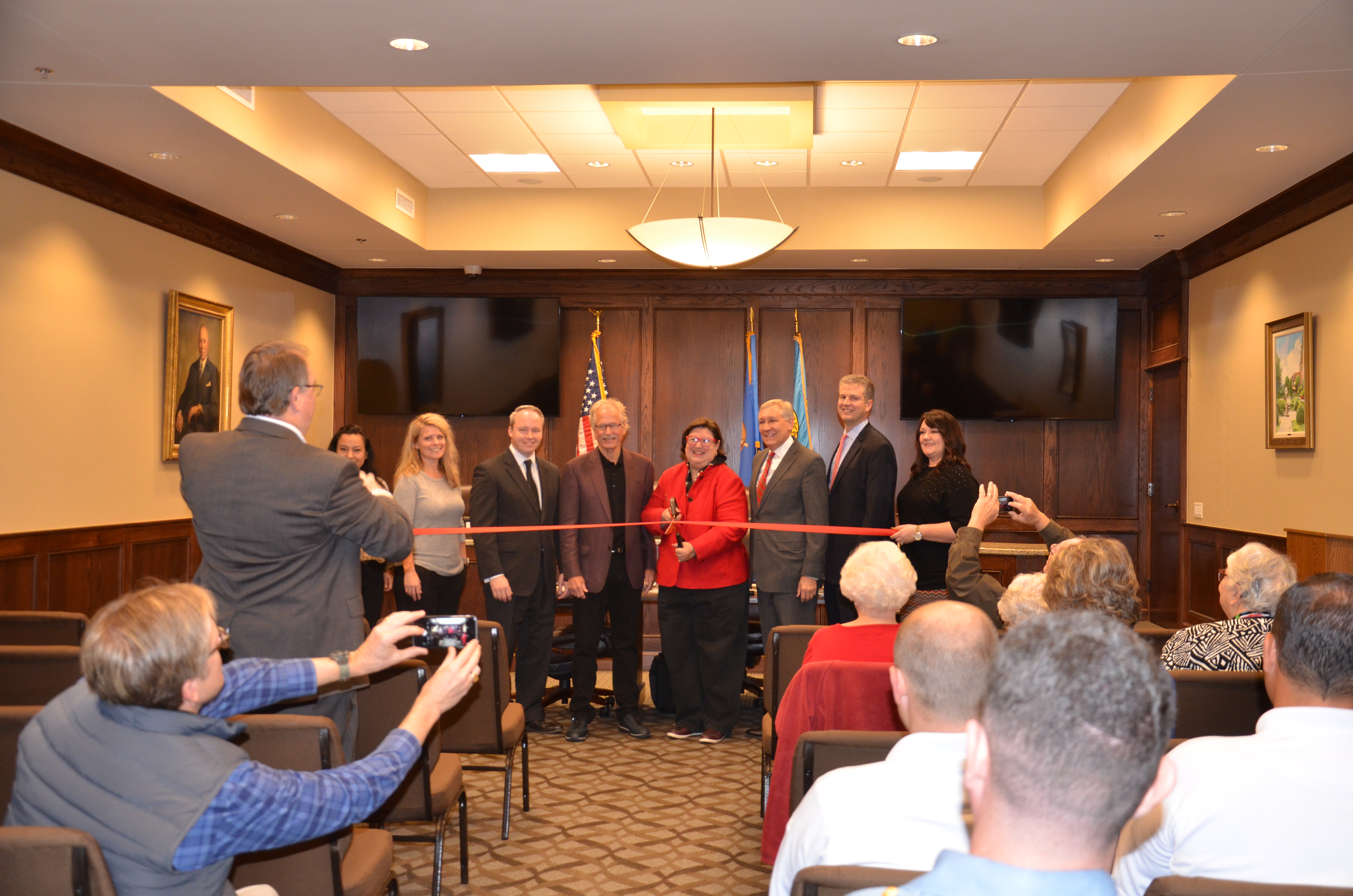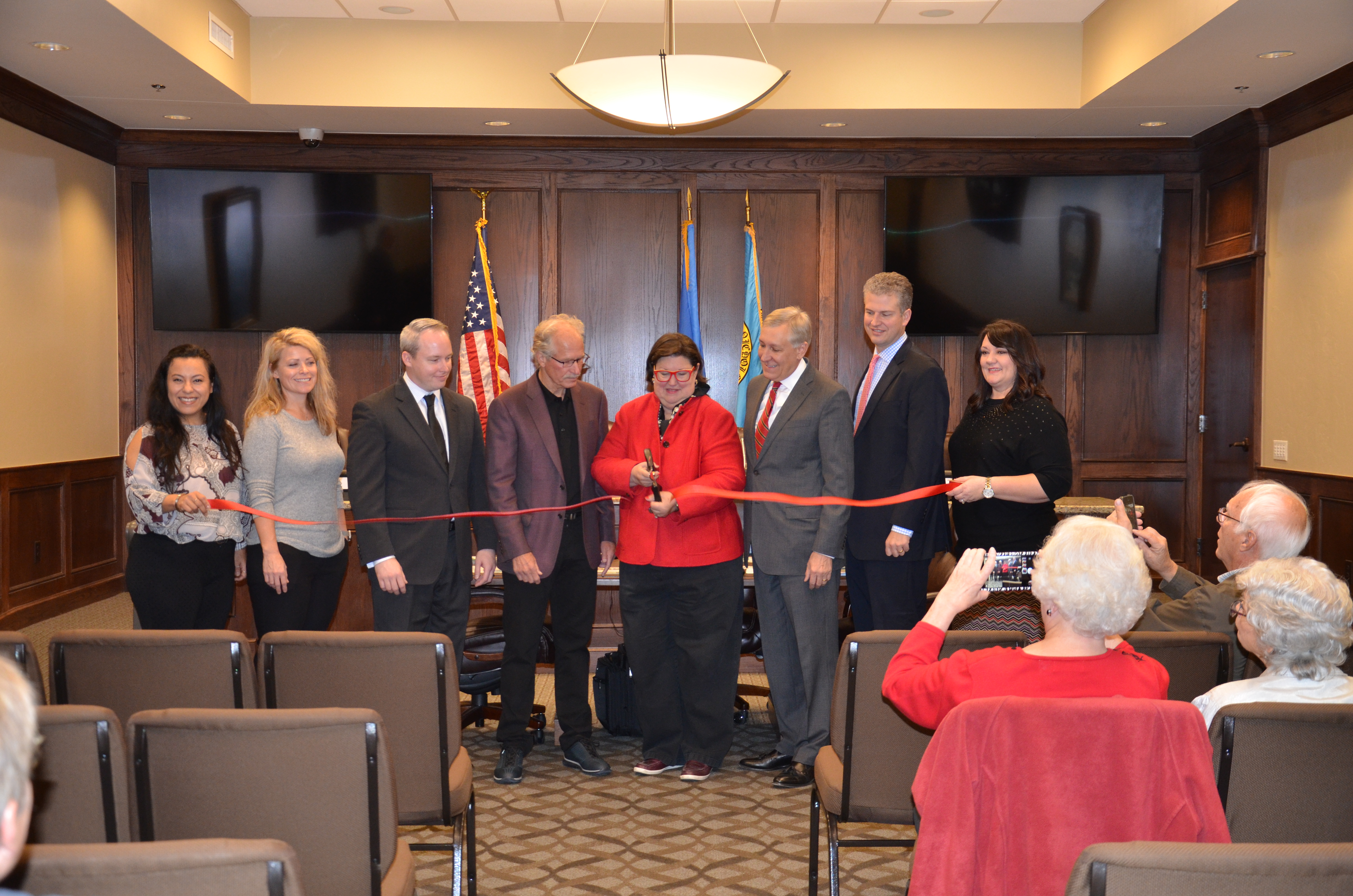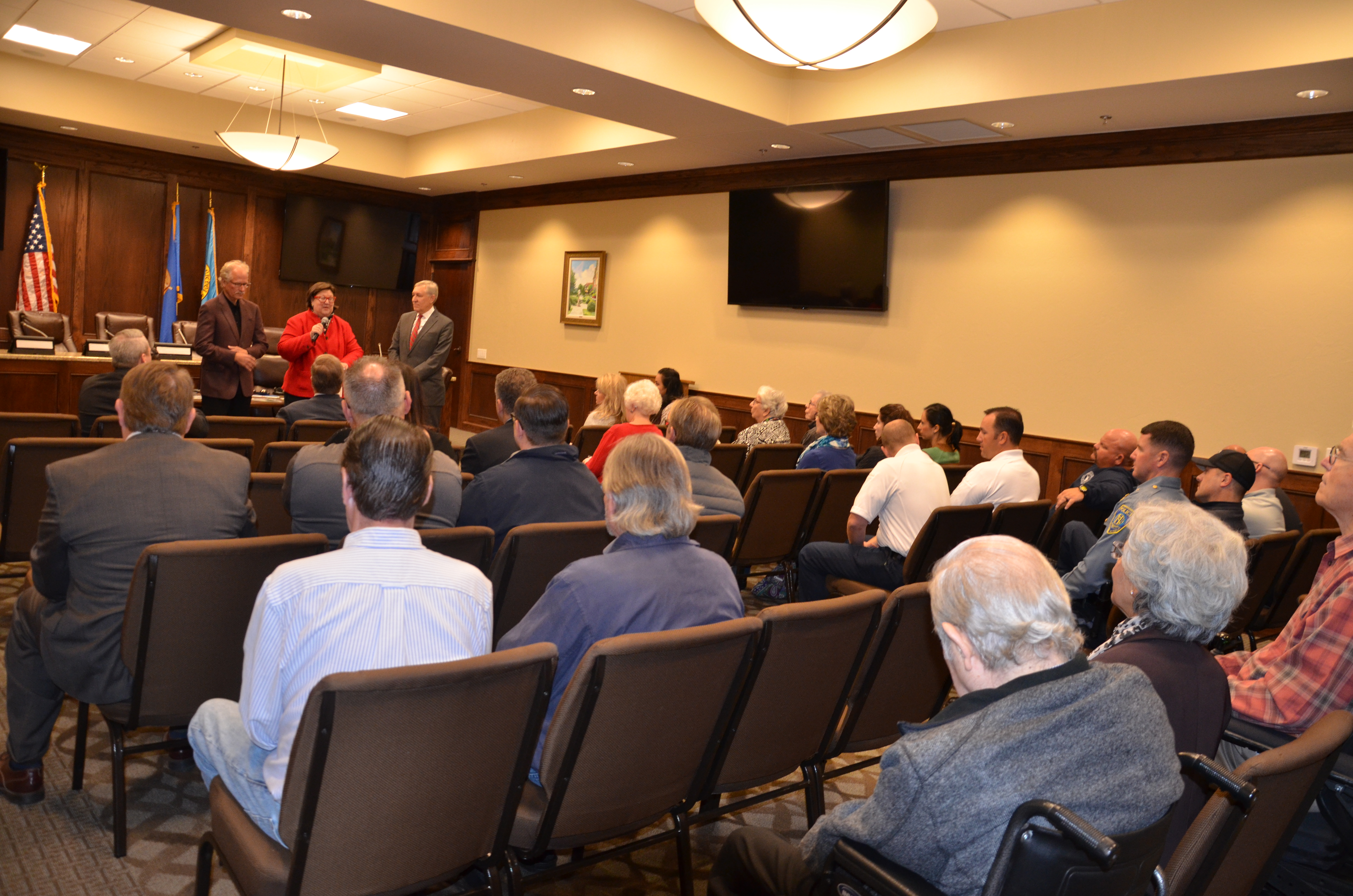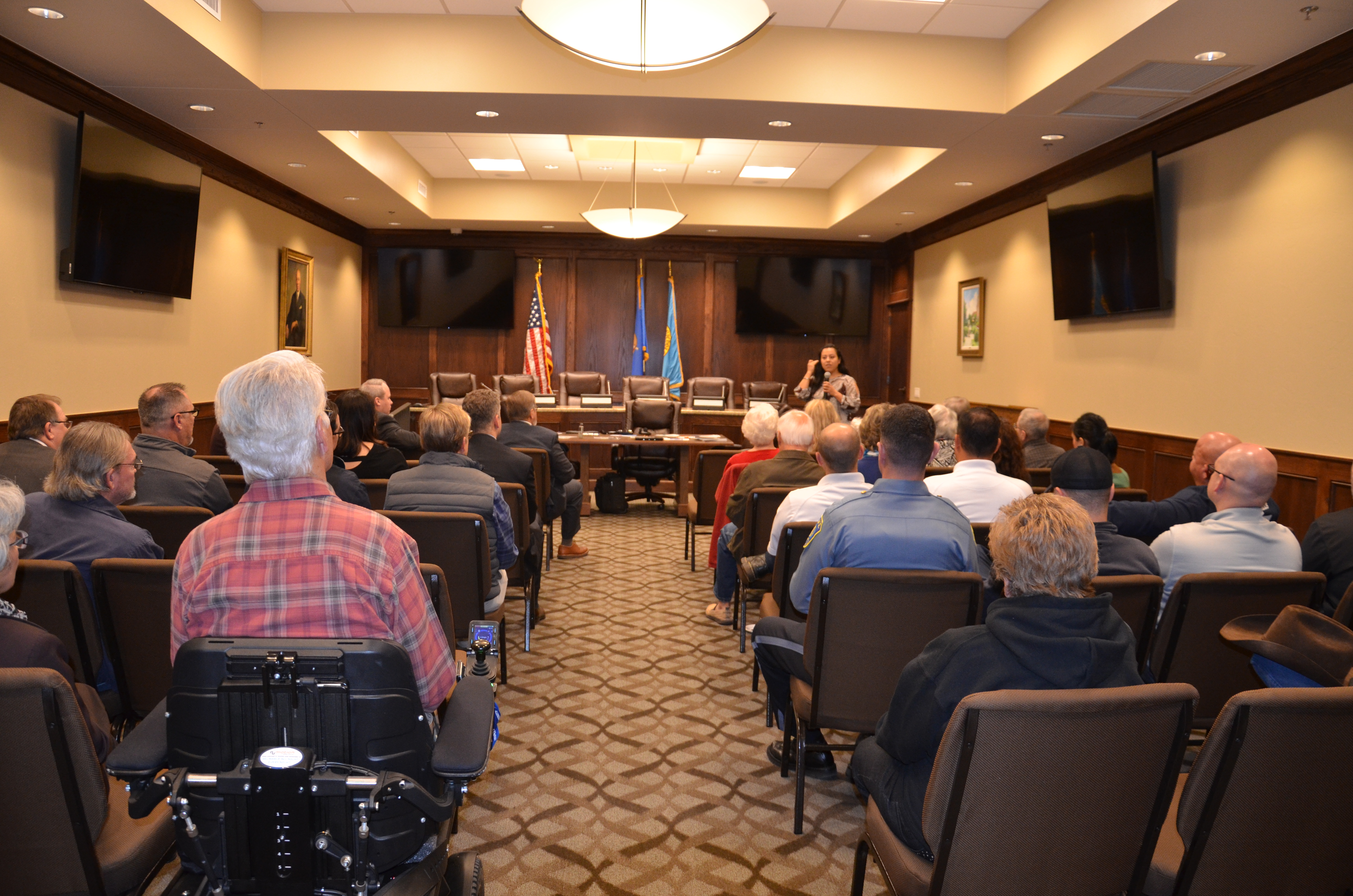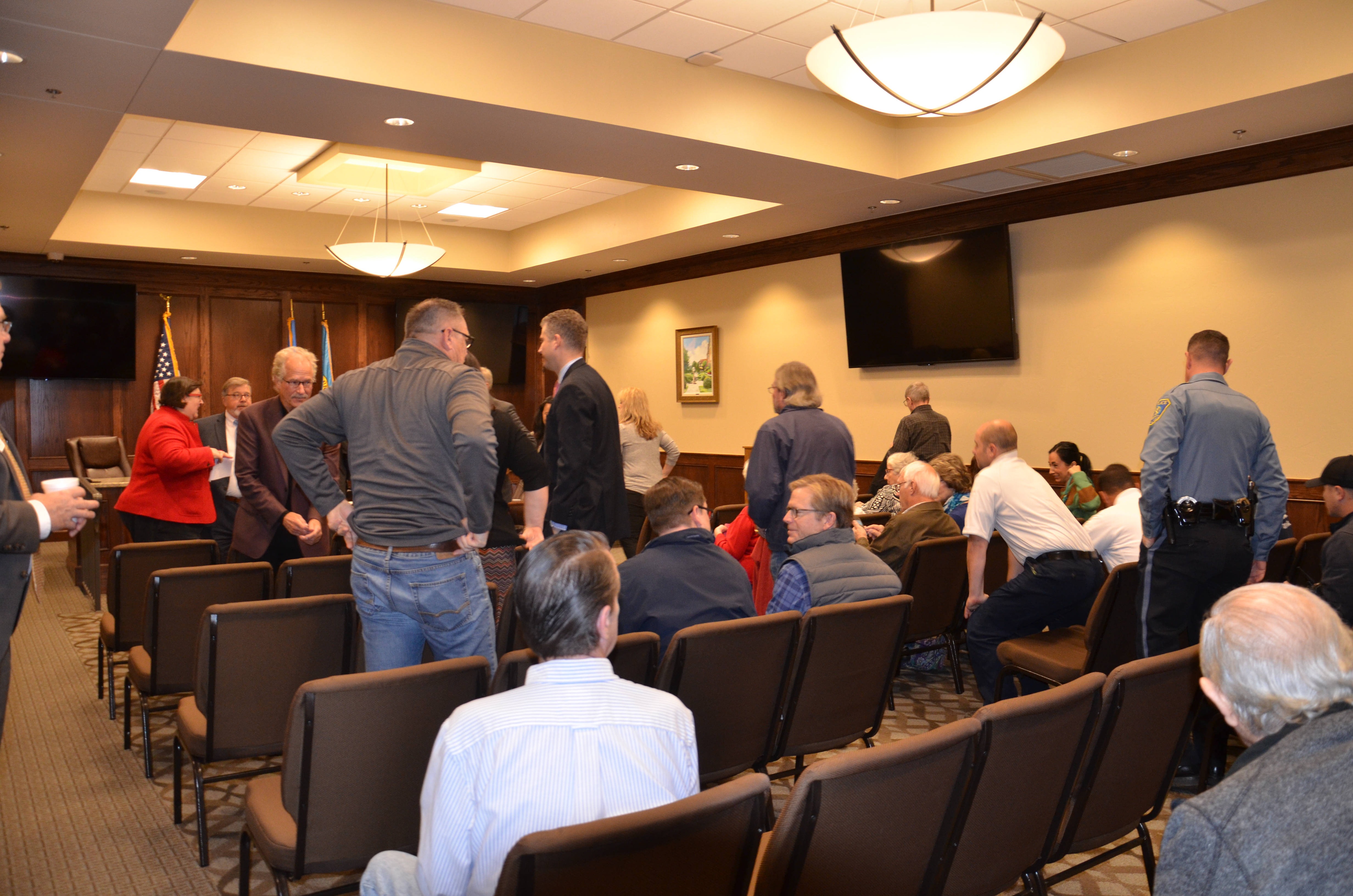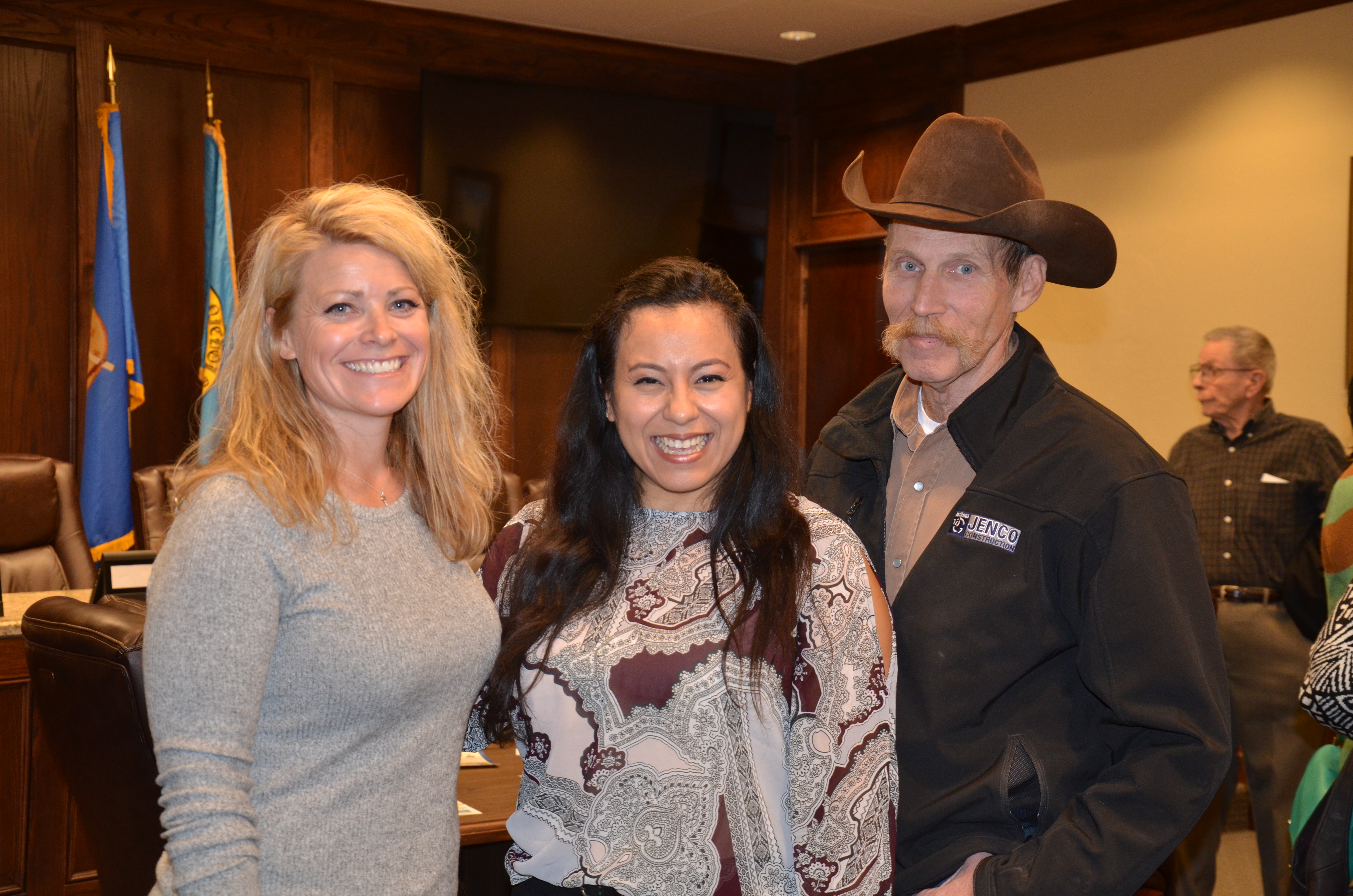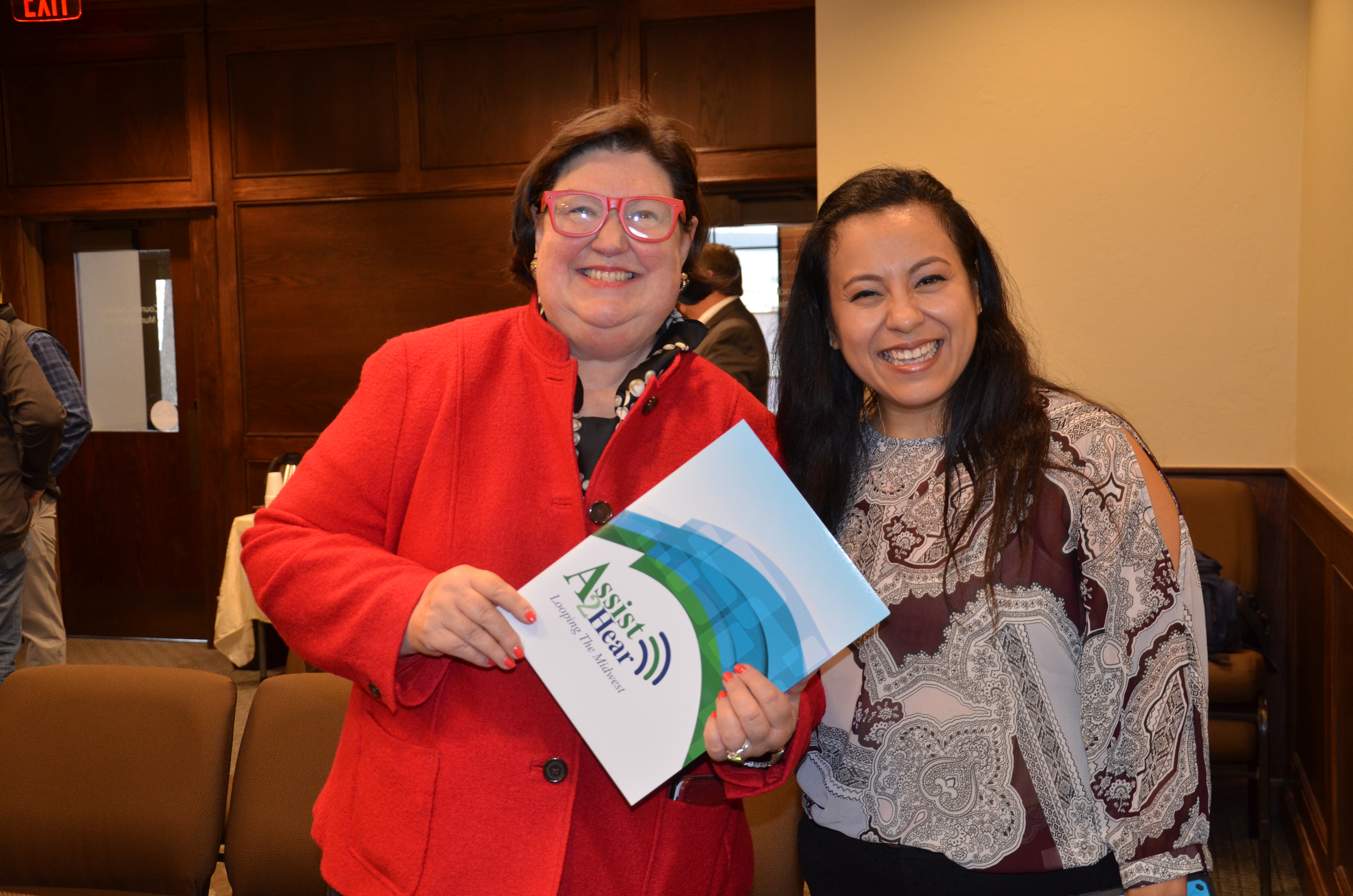Did you know that you can loop your TV room with the Assist2Hear Home Loop System for the best experience available to the hard of hearing. Your spouse and neighbors will be happy that the volume is not turned up full blast! And you will be ecstatic at how well you can hear the TV without having to wear a headset. The only thing necessary is the residential home loop system, available from Assist2Hear for less than $300 and your own t-coil equipped hearing aids!
Just imagine, turning on the TV and flipping the T-coil switch or program on your hearing aid, then sitting back to enjoy the program. My own father told everyone he knows about his new home hearing loop and I have seen so many ear to ear smiles from the many loop users.
How do you loop your TV room? The Assist2Hear Home Loop System is quite easy for and designed for self-installation. The residential home loop system comes with 100’ of loop wire which can be run around the perimeter of the TV room, either under the carpet or pushed under the baseboard. Where the wire must cross a doorway, just use a coat hanger or something stiff to feed the wire under the carpet. If the floors are hardwood, you can put the wire on the baseboard or if there is a crawl space or unfinished basement below, just tack the wire underneath since the signal travels up and down. The wire could be put in the ceiling, but this is more difficult with insulation.
With the wire run around the room (less than 100’ perimeter), just put the wire ends in the back of the amplifier, like hooking up speakers. Then use the supplied RCA plugs to connect your TV through the Audio Out jacks and plug the other end into the back of the loop amplifier. NOTE: Many of the newer TVs do not have RCA Audio Out jacks but have Digital Audio Out. In this case, you will need a Digital to Analog Converter readily available online for about $25 or less.
The sound through the hearing loop is nothing short of amazing, according to most users. The sound is transmitted directly from the TV to the user’s own hearing aid that has been programmed for their hearing loss. There are no headsets or neckloops to wear. Just flip the switch to turn on the t-coil program in the hearing aid and enjoy.
For more information about residential and home loop systems, visit www.assist2hear.com.
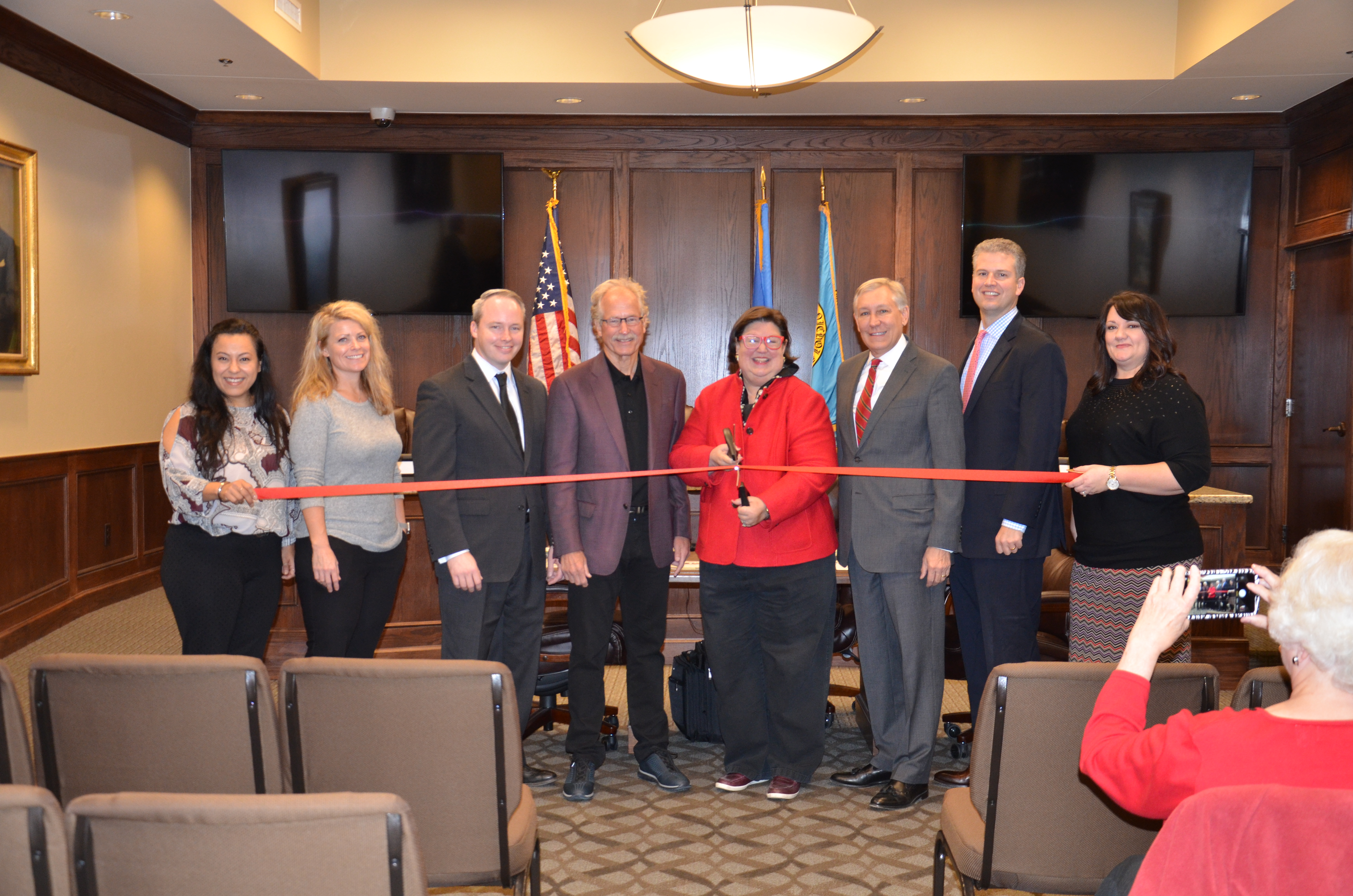
Assist2Hear was featured recently in the Oklahoma City Oklahoman newspaper. The Oklahoman visited with Ana Covey, a partner in the Assist2Hear Oklahoma office, about the induction loop installation at the Nichols Hills City Hall, located at 6407 Avondale Dr. in downtown Nichols Hills. The Nichols Hills hearing loop was installed last summer during the Nichols Hills City Hall renovation project. The hearing loop was the first local installation by Oklahoma City Assist2Hear crew members Ana Covey and Parry Hardy – who were incredibly excited to be able to bring induction loop technology to their home turf of Oklahoma City!
In her Oklahoman interview, Ana got the chance to share some of the common misconceptions about the needs of persons living with hearing loss in the Oklahoma community.
A common misconception is that increasing the sound system volume in a public place, such as an auditorium, church or public meeting area, will enable someone with hearing loss to hear better……with hearing aids everything is louder, including background noise. Volume is not the issue; it is the lack of clarity that is actually the culprit
shared Ana with Oklahoma readers.
To enjoy the Oklahoman article about the Nichols Hills hearing loop system and Assist2Hear in its entirety, checkout Hearing-impaired gain clear access in Nichols Hills.
For more information, Central Oklahoma Chapter of the Hearing Loss Association of America, 717-9820 or go to www.hearingloss.org.
Assist2Hear, a designer and installer of professional hearing loops systems in public venues throughout the United States, Ana Covey at 640-5152, via email acovey@assist2hear.com or go to www.Assist2Hear.com.
Round Rock citizens be sure and get your telecoils activated because the Round Rock City Council Chambers, located at 221 E. Main Street in downtown Round Rock, will the newest location in Texas to install an induction hearing loop system! In early January, the City of Round Rock Facilities team will begin pulling carpet tiles to allow for the hearing loop wiring to be ran. The wire will then be connected to the Round Rock City Council’s audio system. Round Rock City Council meeting attendees will be able to hear Round Rock council members’ voices as clearly as if their local representative was talking right into their ear!
Assist2Hear wants to give a sincere thank you on behalf of persons with hearing loss to the City of Round Rock, the Round Rock City Council, and the local Round Rock Sertoma Club, as each party worked together to make the hearing loop install a reality for Round Rock citizens!
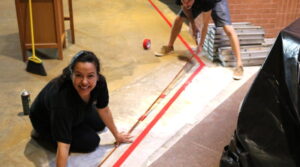
Tulsa Induction Loop Training
On Sunday, August 20th at 9:30 a.m., Ana Covey with Assist2Hear will be at at the beautiful Catholic Church of Saint Mary, 1347 E. 49th Place, Tulsa, Oklahoma, to host an induction loop training session to help parishioners learn to use the church’s new hearing loop system. Tulsans please join us if you have hearing loss and would like to learn more how induction loop systems can help you better hear the Word! Click here to view event information.
Hearing Loops in Churches
Assist2Hear specializes in the design and installation of induction hearing loop systems in churches, performing arts centers, classrooms, and public meeting places such as your local library or city council chambers. To get a free quote for a hearing loop system in your church or just learn more about hearing assistive technology in general, contact Assist2Hear today at info@assist2hear.com.

Are you struggling to hear clearly? Do you find yourself asking people to repeat themselves because you believe they are mumbling? Is it difficult to hear in a restaurant or riding in a car? Are you struggling to hear the sermon at church or a speaker during a presentation? Many of us are missing out on important parts of a conversation, constantly trying to fill in the blanks. Are you in denial about hearing loss?
Many of us are in a state of denial about our hearing loss and it is very common. Most hearing loss is very gradual so it can go unnoticed for a long time. We miss the clues and deny the facts. We can’t see or feel hearing loss. Yet, hearing is one of our most important senses. It keeps us connected socially – or not. It is important to our employment, yet we are afraid to say anything for fear of retribution or loss of a job. It is important to our safety and well-being to hear sirens, horns or impending danger.
When did eye glasses become ok but not hearing aids? We’ll spend several thousand dollars to have our eyes fixed with a laser, but we are reluctant to spend the same to improve our hearing. The bad part about denial of your hearing loss is that your brain actually forgets the sounds you used to hear and now do not. The longer this goes on, the harder it is for the brain to relearn these sounds when you are finally fit with a hearing aid. Relate this to your brain adjusting to new bi-focals or tri-focals in your glasses or contacts. It can be unnerving and actually painful when sounds are brought back into your life until the brain adjusts. Some people quit using their hearing aids for this reason! Sure, hearing aids are not perfect and do not “cure” hearing loss any more than glasses cure vision loss, but they are a step toward maintaining quality of life.
With the Baby Boomers making up about 1/3 of the hard of hearing population in the US, hearing loss is becoming more common in conversation. Access for the hard of hearing in many private and public venues is becoming an issue. New revised ADA standards effective 3/15/12 clearly mandate that all public venues of any size with a sound system must provide assistive listening devices. Hearing loops are the favored system by many and loops are becoming more common in the US. Grass roots initiatives are gaining ground in many states including Colorado, Oklahoma, Kansas, Texas, Michigan, Wisconsin, New York, Florida, New Mexico and Arizona.
Advocacy for hearing access is on the rise after being shoved under the carpet for many years. We at Assist2Hear are trying to do our part in promoting access for the hard of hearing and educating the public and hearing professionals about what is available to help the hard of hearing, most notably induction hearing loops.
Are you ready to acknowledge your hearing loss and do something about it? Please visit your local audiologist for a hearing screening and make sure to bring a friend or family member to check theirs as well!

